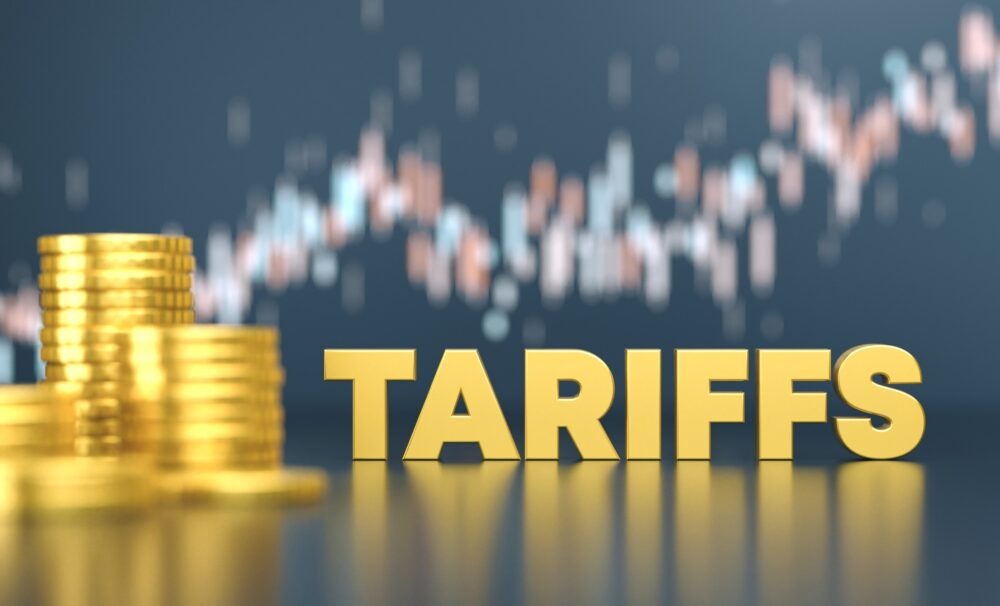
Follow WOWNEWS 24x7 on:

In a sobering assessment of India’s external trade landscape, Fitch Ratings has warned of escalating risks to Indian corporates following the United States’ decision to double tariffs on key Indian exports. The move, which raises duties to a steep 50 percent, is expected to strain sectors heavily reliant on American demand and trigger ripple effects across the broader economy. While Fitch maintains that direct exposure remains modest for most rated firms, the second-order consequences could be significant, especially if further tariff hikes are introduced.
The new tariffs, effective August 27, follow a 25 percent hike earlier this month and are widely seen as a response to India’s continued imports of Russian crude oil. The development places India among the highest tariffed nations alongside Brazil, and comes at a time when global trade tensions are already weighing on investor sentiment.
Key highlights from Fitch’s analysis
1. US tariffs on Indian exports now total 50 percent, up from 25 percent
2. Direct exposure for Fitch-rated corporates is low to moderate, but second-order risks are rising
3. Vulnerable sectors include textiles, gems and jewellery, chemicals, auto components, and seafood
4. Pharmaceuticals and electronics remain exempt for now, but future inclusion is a risk
5. Fitch cuts India’s FY26 GDP forecast to 6.3 percent, citing trade headwinds and global uncertainty
Sectoral impact: Who’s feeling the heat?
While the overall exposure to US-bound exports is around 2 percent of India’s GDP, certain industries are disproportionately affected. Fitch and its affiliate CreditSights identified the following sectors as most vulnerable:
- Textiles and apparel: Already facing margin pressure, the added tariff could erode competitiveness against peers like Vietnam and Indonesia
- Gems and jewellery: Comprising over 11 percent of India’s exports to the US, this sector is at high risk of losing market share
- Chemicals and auto components: Tariffs could compress margins and reduce demand, especially for firms with India-based production
- Seafood and leather: These labor-intensive sectors may face job losses and reduced export volumes
Pharmaceuticals, which account for a large share of India’s exports to the US, are currently exempt. However, Fitch cautions that any future inclusion could pose serious risks to companies like Biocon and Sun Pharma, which derive significant revenue from US markets.
Currency and capital concerns
The tariff escalation has also triggered volatility in the rupee, which has depreciated nearly 2 percent against the dollar in August alone. Foreign portfolio investor outflows have intensified, with nearly USD 1 billion exiting Indian markets in the first week of the month. CareEdge projects the rupee to hover around 87.5–88 in the near term, with RBI intervention expected to limit further downside.
- Rupee weakness could make imports costlier and widen the trade deficit
- Export competitiveness may decline relative to Asian peers with lower tariff exposure
- Domestic firms may delay capex plans amid global uncertainty and defensive positioning
Corporate credit outlook
Fitch has revised its FY26 GDP growth forecast for India to 6.3 percent, down from 6.4 percent, citing trade disruptions and slower global demand. Despite this, the agency expects credit metrics for most rated corporates to remain stable, supported by strong domestic consumption and infrastructure spending.
- Sectors like cement, telecom, utilities, and oil & gas are expected to see minimal direct impact
- Companies with diversified geographic exposure and product lines may weather the storm better
- Fitch sees limited risk to EBITDA growth for firms like UPL and Samvardhana Motherson, though margin pressure is likely
Final word
The doubling of US tariffs on Indian exports marks a critical juncture in India’s trade and corporate strategy. While Fitch Ratings believes the direct impact may be contained, the broader implications—from currency volatility to sectoral stress—could reshape investment decisions and policy priorities. With negotiations still underway, Indian exporters and corporates are bracing for a period of uncertainty, hoping for a resolution that restores balance to the trade equation.
Sources: Fitch Ratings, BusinessWorld, Financial Express, CareEdge, MSN India.





